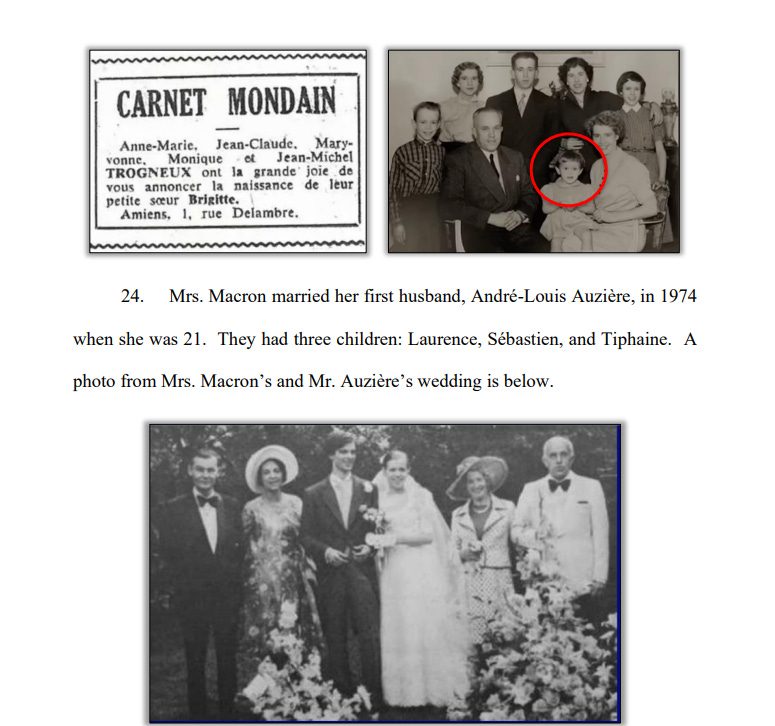Bribri v/ Candy
The Macrons’ defamation case against Candace Owens has devolved into a spectacle of absurdity.
Let’s be clear: in the United States, defamation is a civil matter, and the burden of proof falls squarely on the accuser. In France, it’s the opposite—a criminal matter in which the accused bears the onus of proof.
In the U.S., defamation is defined as harm done to one’s reputation. In France, it is the act of imputing to someone facts that cannot be proven and that tarnish their honor or standing. Two different standards.
For public figures like Brigitte and Emmanuel Macron, the bar for winning a defamation case in the United States against a journalist and a news outlet is set high. They must not only (1) prove that the claims are false, but—far more importantly—(2) demonstrate beyond any reasonable doubt that the journalist and the outlet publishing them knew that the claims were false at the time of publication. Only then can malice be established.
Tom Clare, the Macrons’ attorney—charging no less than $2,000 an hour—told the BBC he would present statements from the couple, photographic evidence, and scientific expertise.
Fine. But what does that actually change? Nothing.
Candace Owens’s lawyers have already signaled they will ask the court to strike such ‘evidence.’ And if a one-sided ‘scientific report’ is introduced, the defense can—and almost certainly will—demand a counter-expertise.
In the original filing submitted by Tom Clare, the only so-called ‘evidence’ was a clipping from the society pages of Courrier Picard and some family photos dating back over fifty years. One can practically hear the clerks of the New Jersey Superior Court bursting into laughter from the other side of the pond.
In any case, Candace Owens could not possibly have known—when publishing her ‘Becoming Brigitte’ series—about the evidence Macron’s attorney now claims he will introduce. It’s hard to see how she could have defamed anyone. Especially since she repeatedly invited the Macrons to respond and was met with denagations that she reported, but no evidence.
The more we examine this saga, the more one explanation seems plausible: these U.S. proceedings are meant to bolster the Macrons’ position in the Natacha Rey and Amandine Roy case. In that appeal, one key factor in their acquittal was that Brigitte Macron had not filed defamation suits against anyone else.
And here’s the crux: in France, shouting from the rooftops that Brigitte Macron was born a man is not, in itself, defamatory. Gender transition is legal. Falsely attributing—even maliciously—a perfectly lawful act to someone cannot be said to damage their honor or reputation.
That’s why Brigitte Macron turned instead to the National Prosecutor’s Office for Combatting Online Hate, targeting Xavier Poussard and two others on charges of online harassment. A clear case of judicial overreach—especially considering she never filed for an injunction to pull Poussard’s book from circulation. Strange, isn’t it, to claim unbearable harm yet make no effort to stop the alleged damage, while pressing criminal charges all the same?
This U.S. lawsuit has become nothing short of a farce. And the lingering question remains: who’s footing the legal bill?
An interesting question raised by Régis de Castelnau , an attorney and fellow substacker, subsequently to this article is the immunity of Emmanuel Macron as a head of state.






